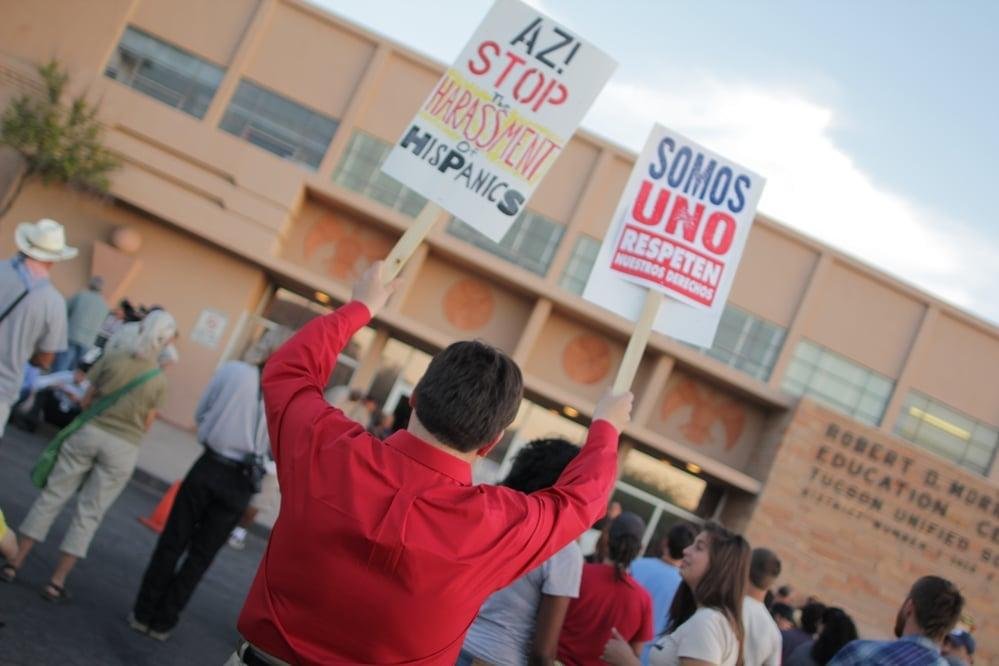arizona
9th Circuit Confirms Finale to TUSD Desegregation Saga That Started in 1974

In a significant ruling on Wednesday, the 9th Circuit Court of Appeals upheld a lower court’s decision to release Tucson Unified School District (TUSD) from federal oversight aimed at rectifying decades of segregation. This decision marks the end of over 50 years of legal battles addressing the lingering effects of discriminatory practices in the district.
The appeals court found that TUSD had complied in good faith with court-mandated requirements, effectively eliminating remnants of past discrimination. TUSD spokesperson Karla Escamilla expressed that the verdict is “great news,” and articulated the excitement of regaining full governance by the district’s elected officials.
The case dates back to 1974 when the district’s segregation policies drew national scrutiny. Following multiple class-action lawsuits, a 1977 trial recognized that TUSD’s history of discrimination was still impacting students. As a result, the district was ordered to implement a desegregation plan, which dominated its operations for nearly three decades.
Although TUSD successfully petitioned to end federal oversight several times, conflicting decisions led to prolonged oversight by various federal judges. Ultimately, in 2011, the 9th Circuit ordered renewed oversight, emphasizing the need for TUSD to fulfill its commitments to desegregation.
U.S. District Judge David C. Bury, who oversaw the case, had ruled in 2022 that TUSD had made substantial progress and warranted a review for the termination of court supervision. His 18-page decision highlighted the district’s commitment to dismantling segregation since implementing a unitary status plan in 2013.
Judge Bury noted the complexity and challenges involved in achieving compliance but recognized TUSD’s efforts in promoting racial equality. The unanimous 9th Circuit ruling, delivered by Judge Daniel P. Collins, concluded that the district had reached the necessary “unitary status” under constitutional requirements and affirmed that federal supervision is no longer warranted.
This landmark decision comes after a history steeped in legal intricacies, including original claims by individuals like Maria Mendoza and her co-plaintiffs, who alleged that TUSD maintained a “tri-ethnic” school system characterized by discrimination. Through various trials and legal appeals, the district underwent extensive monitoring and reforms.
As TUSD prepares to transition back to full local control, the future remains uncertain. Representatives of the plaintiffs have not publicly commented but retain the option to seek further judicial review. The district now serves over 47,000 students across more than 80 schools, marking a new chapter in its operational autonomy amidst the complexities of its past.


















